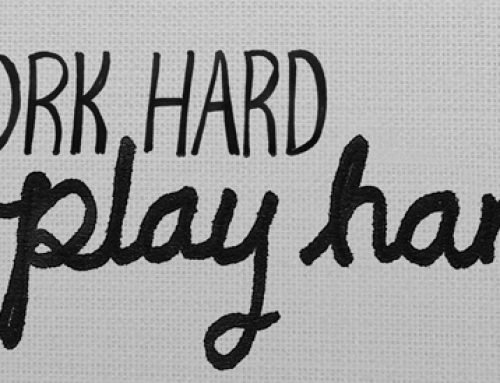Table of Contents
Six Tips to Help Nail the Interview
When it comes to advancing the careers of our clients, we like to go beyond providing a top-notch resume and cover letter. We have spent a great deal of time talking with people in various industries and naturally pay attention to trends and tips in the professional world. Today, I’d like to touch on a few thoughts regarding the step after our resume gets you in the door at your ideal employer—the interview.
- Be on time and dress professionally. This seems like a no-brainer, but I hear stories of these being neglected at all levels. Give yourself adequate time to find where you need to be, and be sure to have the phone number of someone there in case you get lost. When it comes to clothes, a shirt and tie are a minimum. And, please, do not wear tennis shoes.

- Have your resume and other documents prepared and in a folder or portfolio. Bring several copies of your resume and cover letter on quality paper and any additional pieces you may want to share (a completed project, publication, advertisement, etc.). Just be sure never to share anything proprietary with a previous employer.
- Know the company you are talking to. Spend time on their website to understand what they do, their offering, their background, their values, and their mission. Companies would like to see you interested in working with them (and why), not that you are just looking for any place that will hire you.
- Present yourself confidently and be honest in your responses. Experienced interviewers have a good ear for candidates, saying what they think sounds good instead of genuine, so frame your answers professionally and truthfully! The interviewer is looking to see if you are a good fit, and you are doing yourself no favors by convincing them of anything contrary to reality.
- Ask questions! The term “interview” means the conversation should go both directions. Use the knowledge deduced from your research about them to ask educated and relevant questions. Inquire about their approach to a challenge in the industry, how they train new hires, what makes a candidate succeed in the role you are interviewing for, etc.
- Ask for what you want. It may or may not present itself in the interview, but know what you want when discussing a compensation package. As with any negotiation, have a range in mind you are comfortable with before you have that conversation. Do not accept something you are unhappy with, as you can unlikely do much to change it once you are employed.
Contact Platinum Resumes for a quality resume to increase your chances of nailing the interview you will have the opportunity to get!





